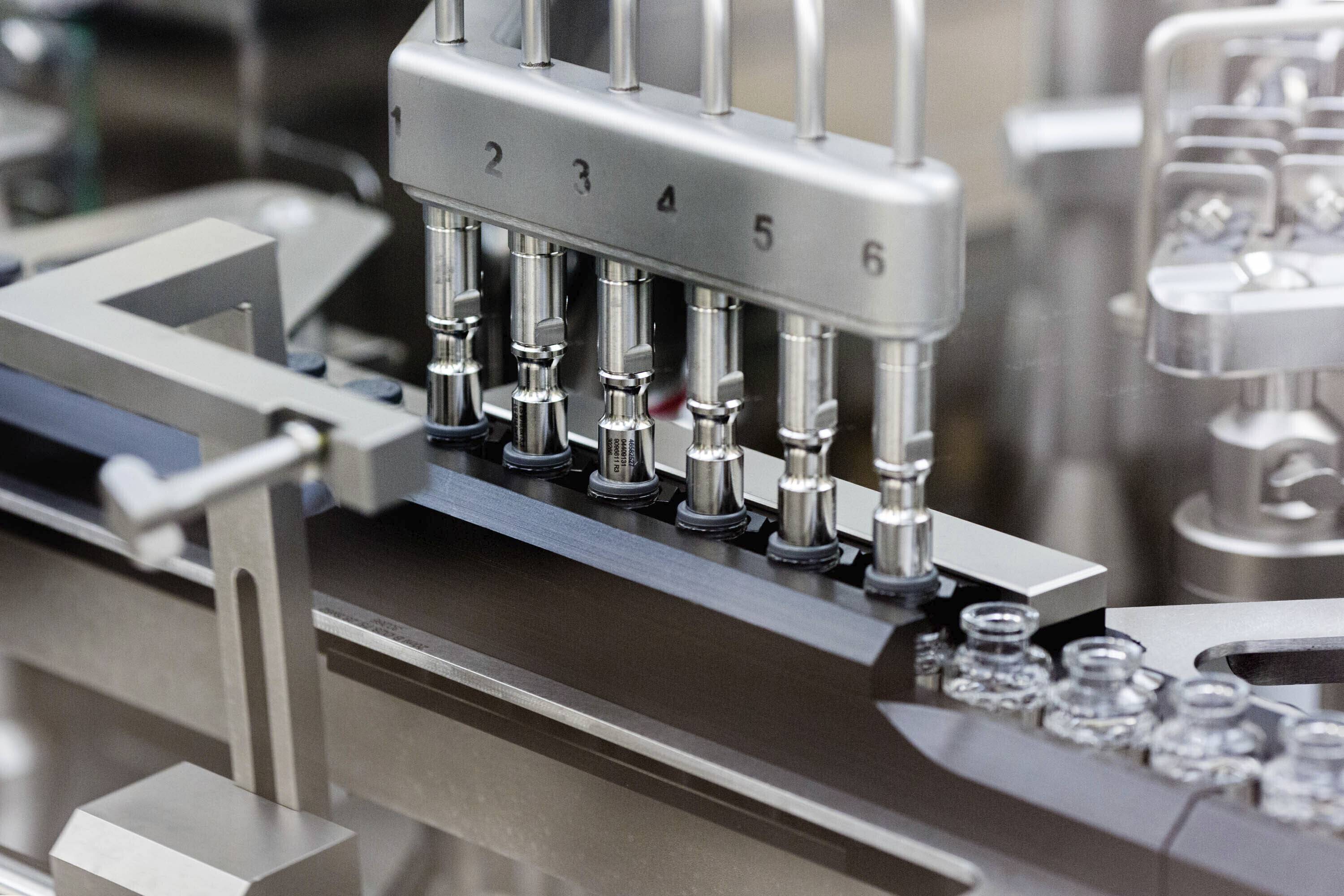Pharmaceutical research experts are raising concerns that attempts to offer desperate coronavirus patients some form of treatment may hobble crucial studies of which drugs actually work and which ones don't.
More than 100 off-the-shelf and experimental therapies are being tested either formally or informally for the coronavirus disease, including hydroxychloroquine, the antimalarial touted as a treatment by U.S. President Donald Trump, and remdesivir, an experimental drug from biotechnology company Gilead Sciences Inc. There are so many even coronavirus experts can barely keep track.
The huge field of potential treatments represents a mobilization of medical science that has few historical parallels. But with tens of thousands of patients in the U.S. hospitalized and no proven drugs to treat them, the crisis has exacerbated an always-present tension in the parallel worlds of caring for patients and looking for new therapies: that what might seem best for an individual patient can undercut a research effort that will benefit the greater public good.



















With your current subscription plan you can comment on stories. However, before writing your first comment, please create a display name in the Profile section of your subscriber account page.